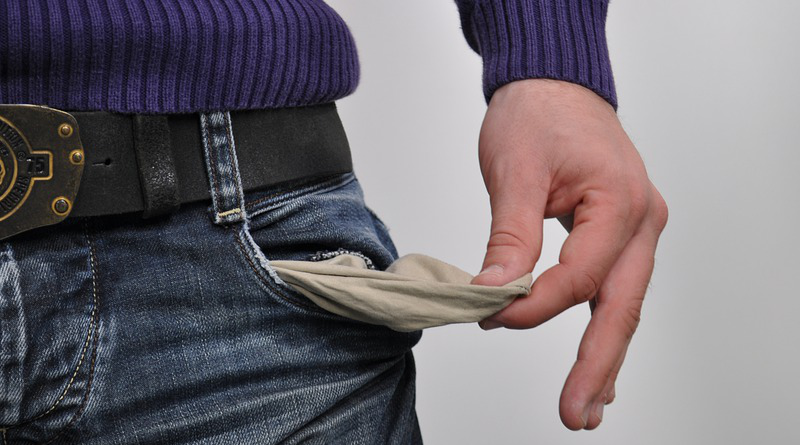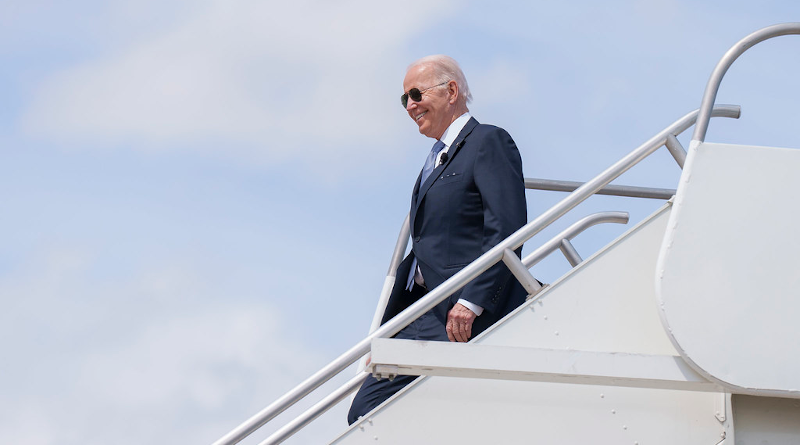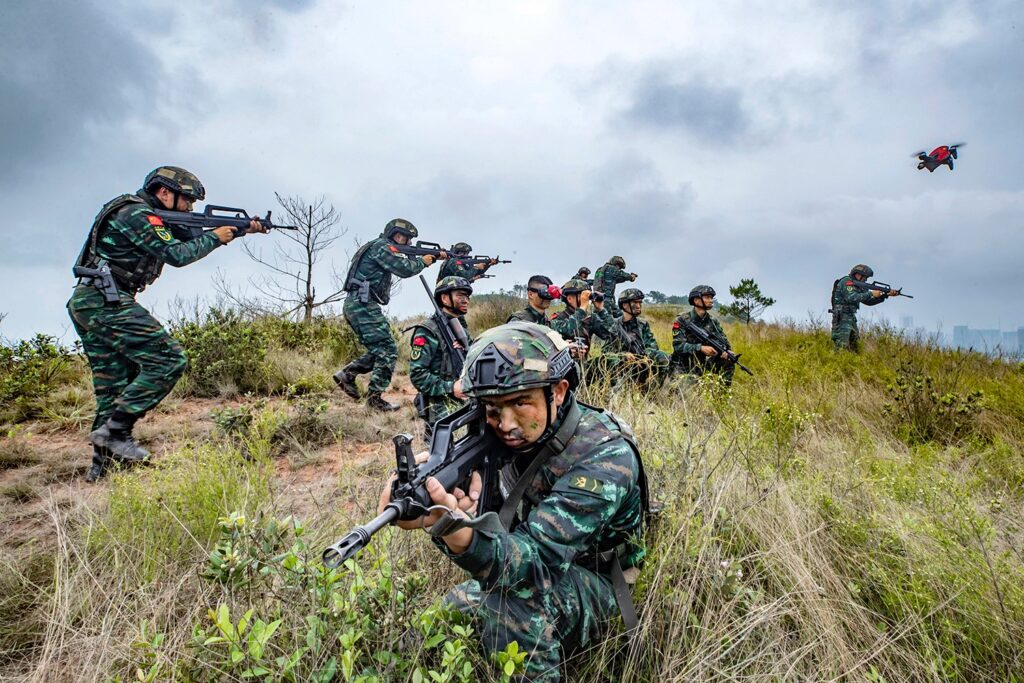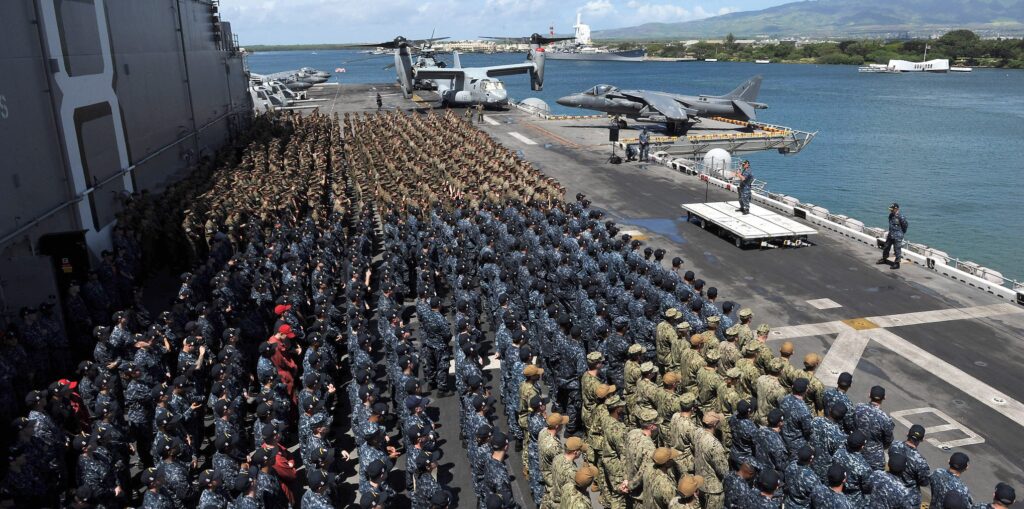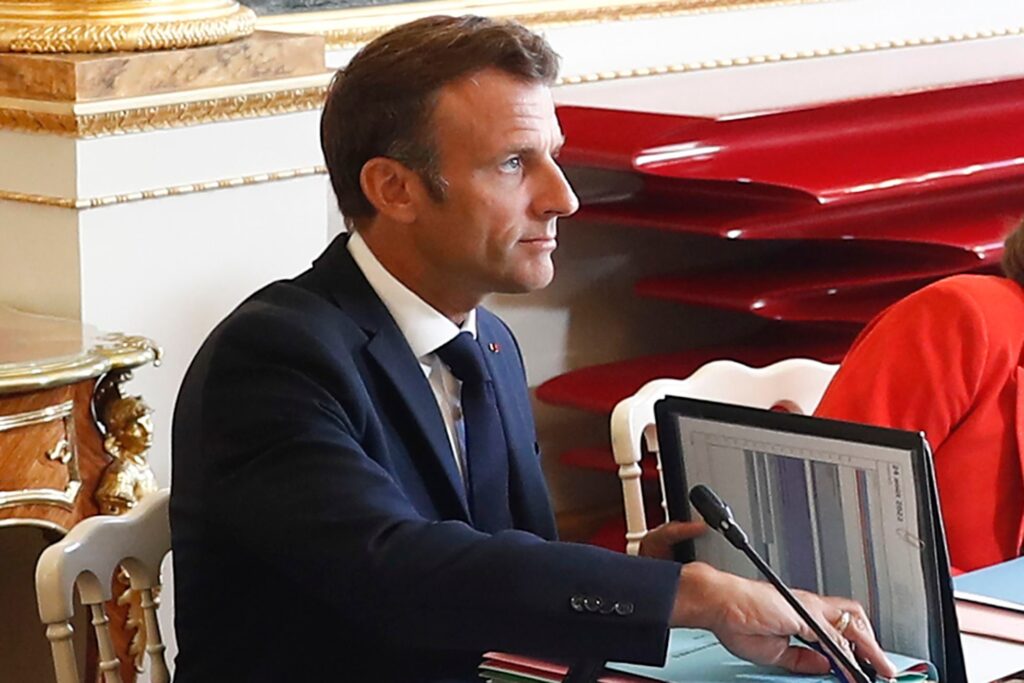To Renew Or Not The 2015 Iran Nuclear Agreement, That Is The Question
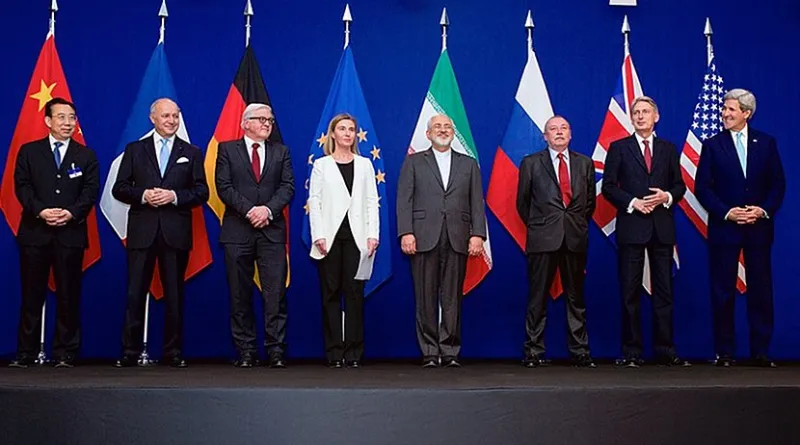
The Road Not Taken
After two weeks in Iran during latter part of January 1979, the height of the revolutionary movement against the dynastic, autocratic rule of Mohammed Reza Ayatollah, I had the opportunity for an extended conversation with Ayatollah Ruhollah Khomeini in his tent where he received foreign visitors and journalists during his final days in Paris. This was the individual who would serve as uncontested Iranian leader, officially the Supreme Guide, of the Islamic Republic of Iran until his death in 1989.

